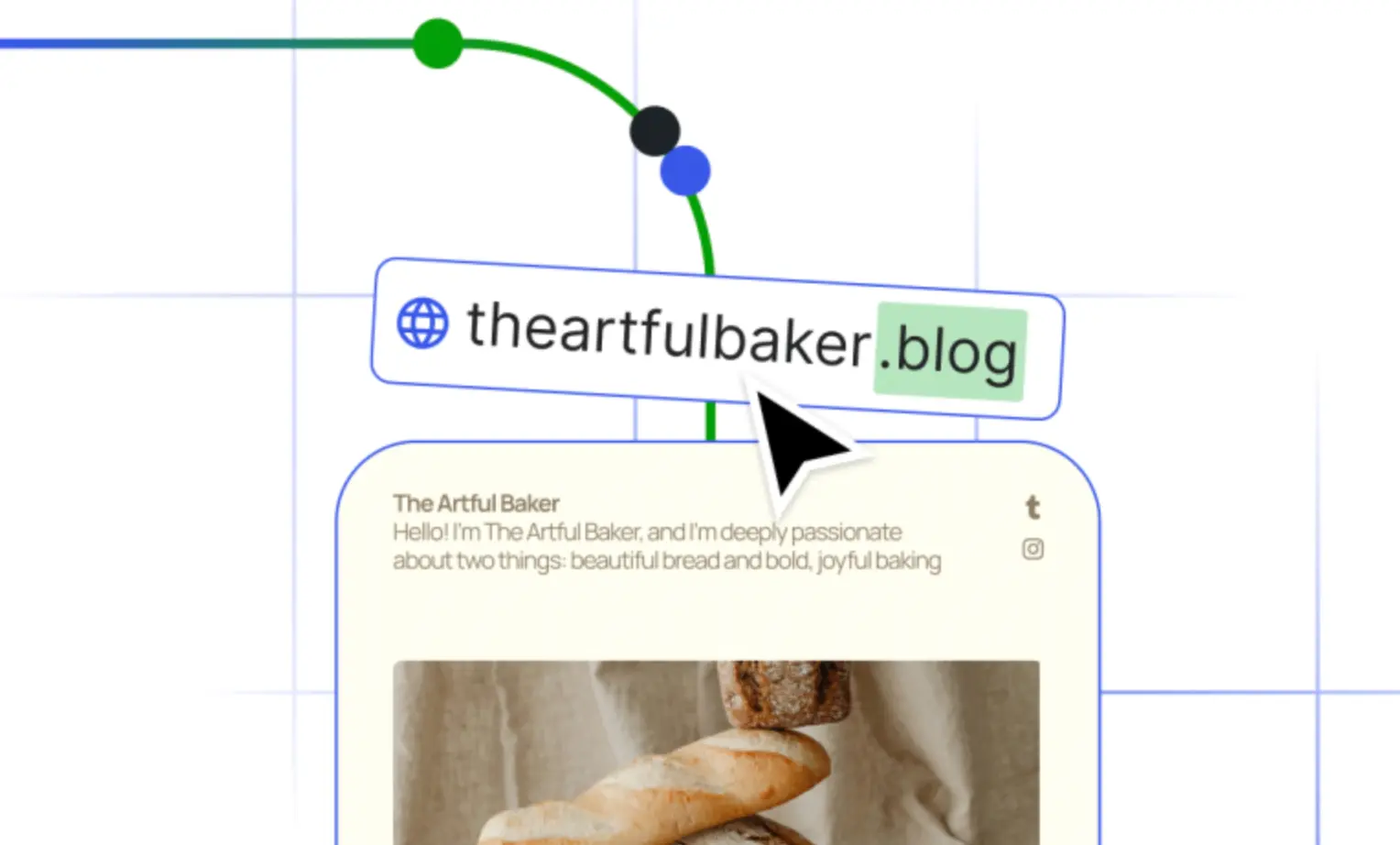From PDFs to Memory: A Smarter Way to Learn
Updated on
Published on
PDFs are a necessary evil. Whether you're a student, a researcher, or someone trying to survive onboarding at a new job, you’ve probably opened more than a few and thought: “How am I supposed to get anything out of this?”
Pages of dense text. No structure, no clarity, just a scrollable monolith. That’s exactly the kind of problem anatomy quiz aims to solve — not by giving you yet another study app, but by helping you actually use the material you already have.

It Reads Between the Lines
This isn’t a copy-paste tool dressed up as AI. It doesn’t just pick out bolded terms or skim the first sentence of each paragraph. It reads the full document, identifies the core concepts, and pulls out the real substance — definitions, key ideas, explanations — then builds flashcards around them.
You don’t need to format anything or decide what’s important. That part’s done for you.
No Workflow Disruption
If you're already using Anki or another spaced repetition system, nothing has to change. Export what the tool creates, plug it in, and continue as usual. No new platform to learn, no interface to figure out. It's designed to support your process, not replace it.
In short, it’s not here to reinvent how you study — just to make the part before the studying a whole lot easier.
The Psychology Is Simple
There’s plenty of research about why active recall and spaced repetition work. But you don’t need to be a neuroscientist to notice the difference between passively reading and actively thinking.
- You remember more when you ask yourself questions
- You retain it longer when you come back to it later
- You stay focused when the material is bite-sized and clear
This tool leans into all of that. It turns long documents into small, manageable prompts that you can revisit on your own terms.

Who Actually Uses This?
Students, sure. Especially the ones drowning in textbooks and lecture slides. But it goes beyond that.
- Medical professionals studying for exams
- Language learners building vocab from real texts
- Teachers creating materials without reinventing the wheel
- Office workers dealing with training PDFs no one has time to read
Basically, if you have to read something and remember it, this tool makes that part less painful.
A Word on Privacy
No, your files don’t stick around. You upload them, they’re processed, and they’re gone. Nothing is saved or stored. If you're working with sensitive documents, you can use it without second-guessing whether your data is being archived somewhere.
Still Growing — on Purpose
The tool is regularly updated, but not just for the sake of adding shiny features. Improvements are driven by user feedback: faster processing, better accuracy, smoother exports. It’s built to do one job well — and gets better at that job over time.
The Real Value
Writing your own flashcards takes time. It also takes energy — the kind that runs out quickly after a full day of work or study. This tool doesn’t pretend to replace your brain. It just gives you more space to use it on what matters.
You upload the file. It does the grunt work. You spend your time learning — not formatting.



webp.webp)
webp.webp)




